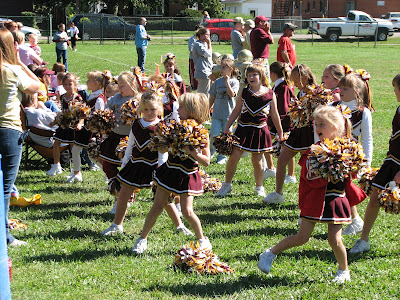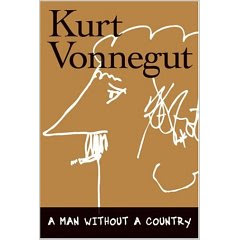
It's difficult for me to decide what to write about
Jesus of Nazareth by Pope Benedict XVI. On the one hand, it's
deep, but it's not that
deep. There were times where it was difficult to follow while driving in city traffic and not also smashing into the car in front or me, but this doesn't mean that it's too difficult for anyone of moderate intelligence to follow, especially when reading a paper copy. On the other hand, it's also not definitely not light fluff.
The book focuses on the teachings of Jesus from the time of his baptism, until before the triumphal entry. That is, he leaves out the "infancy" narratives, as well as the other "Holy Week" events like the Last Supper, Arrest, Trial, Crucifixion, Resurrection, etc. Benny says that this is because he has been working on this book for quite a while, and has been devoting most of his free time to it. Not knowing how much time (of any sort) he has remaining, he wanted to publish this part now and work on the second volume as time allows.
It's had to say where to begin. The book goes into great detail on subjects such as Jesus' connection with Old Testament Law, his baptism, transfiguration, Sermon on the Mount, parables, etc. For example, the Pope expounds at great length on each phrase of the Lord's Prayer. Two other points he makes are:
- Jesus didn't bring universal peace or prosperity. So what did he bring? He brought God.
- There are correlations between Moses and Jesus, which I won't begin to describe in this review.
As a non-Catholic, I thought it was interesting to hear the Catholic side of things. I may have missed some things, but there wasn't much I would disagree with.
In conclusion, I don't not recommend it, but I also hesitate to recommend it strongly. A Hindu friend of mine mentioned that he read the Gospel of Matthew, really enjoyed it, and gained a greater appreciation of Christianity from it. Regarding the Pope's
Jesus of Nazareth, I'm undecided if the reader of this review, my Hindu friend, or I would be better off reading this book of just reading, for example, the Gospel of Mark or Luke. So, while it is pretty good, read the Bible too.
The Pope recommends
A Rabbi Talks With Jesus by Jacob Neusner. I plan on giving that one a try.
 Tears of the Giraffe is the second book of the No. 1 Ladies' Detective Agency series and the third that I've completed. In addition to the initial book, I've done The Kalahari Typing School for Men.
Tears of the Giraffe is the second book of the No. 1 Ladies' Detective Agency series and the third that I've completed. In addition to the initial book, I've done The Kalahari Typing School for Men.















































